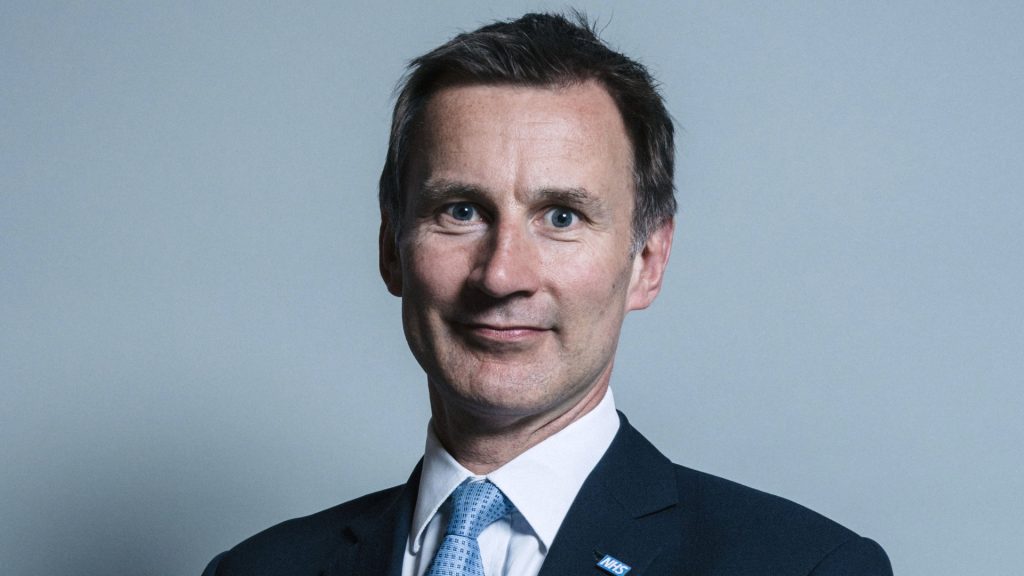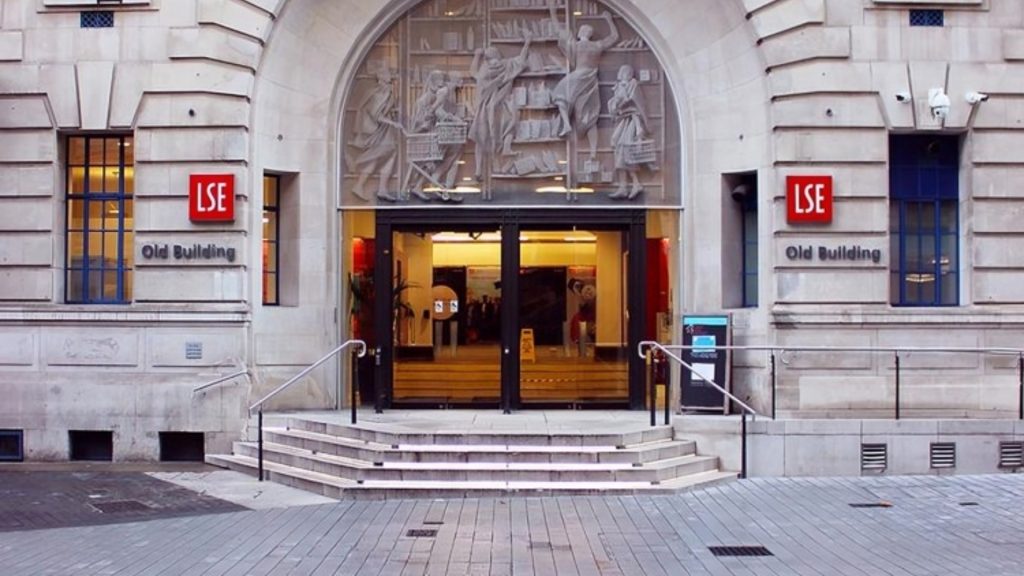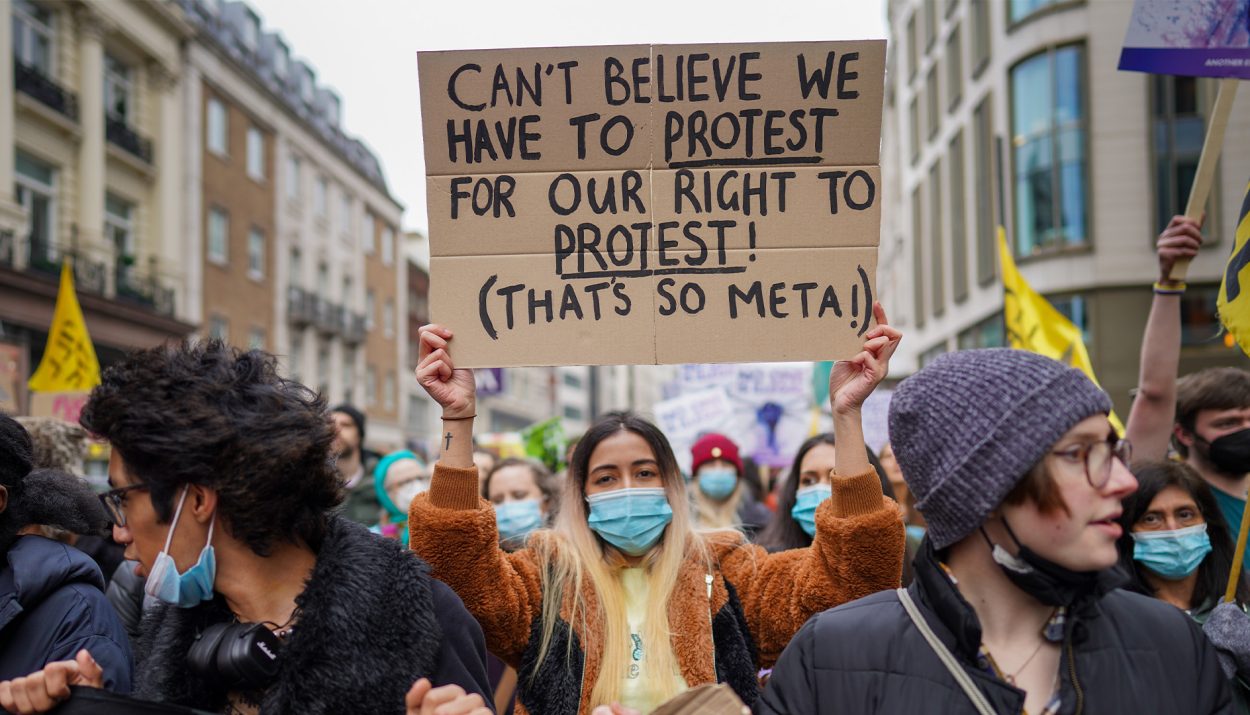Britain has generated a lot of concern and doubts in recent years over the economy, inflation issues, and overall growth of businesses throughout the nation. Industry experts and critics alike have claimed that it is a warning sign of the country’s overall decline. Some even fear that Britain may be finished in more ways than many people realize. However, recent studies have shown that there may be glimmers of hope that leads to positive change in the future.
Report Claims UK Economy Experienced Technical Recession In Late 2023
According to the Office for National Statistics, the UK gross domestic product declined by 0.3% within the final quarter of 2023. This was reportedly the second quarterly decline in a row for the country.

Further reports have claimed this shows Britain and the U.K. in general suffered a “technical recession” within the latter portion of 2023 based on the figures gathered, according to CNBC. This has only validated a lot of the doubts and concerns that many people have had regarding the economic state of Britain for years.
What Is A ‘Technical Recession’ And What Does It Mean For Britain?
The term “technical recession” may have confused a lot of people – especially those with limited knowledge of finance and economics. A “technical recession” does not meet the official and widely-accepted definition of a recession.

However, when there are two consecutive quarters confirmed of negative growth within a country, then this is widely considered to be a “technical recession.” A Reuters poll showed that there was a consensus forecast of nearly -0.1% for the fourth quarter of 2023. Further estimates show that the British GDP may have only increased by about 0.1% all year when compared to the figures from 2022.
UK Finance Minister Calls High Inflation As ‘Single Biggest Barrier To Growth’
UK Finance Minister Jeremy Hunt expressed his belief that high inflation remains the “single biggest barrier to growth” on record for the country. According to Hunt, this barrier has compelled the Bank of England to retain its firm hold on interest rates.

This level of firmness has drastically hindered economic growth. Three main sectors of the UK economy – services, production, and construction output all contracted within the fourth quarter of 2023.
Economic Slipping Has Been Noticed For Over A Decade
Reports show that Britain has been slipping for over 15 years now – especially when it comes to the economy. It has also been reported that there is not very much time for the country to catch up.

There is a dangerous mix of high inequality and low growth that has apparently plagued its overall structure. Studies shine some light on the combination, though – showing that the average household in Britain is 10% poor than its French counterpart.
Escalating Food Prices And Energy Bills Are Major Challenges
It is clear that the escalating prices of groceries and the increasing rates related to energy consumption and utility bills have taken their toll on Britain. Even with a significant amount of government support available, very little has been done to focus on helping the average household to thrive instead of just survive.

Studies show that the poorest 20% of households throughout Britain have apparently became 20% poorer simply due to the cost of living. One report confirms that the poorest households throughout the UK overall spend 60% of their budget on the food and energy costs.
Analyzing The Purpose Of The Economy 2030 Inquiry
The Economy 2030 Inquiry has drawn even more attention and consideration since the economic decline of Britain became evidently clear. This is a multi-year collaboration that has partnered the Centre for Economic Performance from the London School of Economics (LSE) with the Resolution Foundation.

The objective of the project is to produce a strategy that enhances policy to guide the UK through the various changes that need to occur for the country. The goal is to be able to assist Britain navigate successfully within the next decade.
Why Poor Productivity Growth Should Be A Major Focal Point
The poor productivity that Britain has experienced in recent years has already been a major topic of discussion. Many critics argue that this issue is gravely misunderstood.

Economists have attempted to shift the blame of the matter towards the extensive list of unproductive firms within the UK. Low interest rates have even become breeding grounds for creating companies that are barely able to operate and make just enough to pay off their debts while not generating any substantial profits.
High Inequality And Subpar Economic Growth Plague The Nation
Britain reportedly has two key problems that have plagued the nation for years in addition to the low productivity: high inequality and subpar economic growth. The UK tried to catch up highly-productive countries like Germany, France, and the United States throughout the end of the 20th century and the start of the 2000s.

However, a reverse trend was noticed in the mid-2000s that brought this overall progress to a screeching halt. Further studies have shown that the reverse of statistics has continued ever since with each passing year.
What Is The ‘Ending Stagnation’ Study?
The study titled Ending Stagnation was created by the Resolution Foundation as a concluding report for the Economy 2030 inquiry. Within its 291 pages of content, the study focuses on a wide variety of policy challenges and reported issues.

Regional inequalities, persistently low investments with high volatility rates, malfunctioning fiscal and tax systems, a net zero transition, and the overall decentralization of power are just some of the topics highlighted throughout the report.
Jeremy Hunt Believes British Economy ‘Is Turning A Corner’
Jeremy Hunt did not hesitate to share a positive light on the future of the British economy by claiming that it is apparently “turning a corner.” Hunt explained that forecasters have noticed the growth will get strong over the next few years as “wages are rising faster than prices.”

He further indicated that mortgage rates have experienced a progressive decline, according to recent economic studies. Another highlight to consider, according to Hunt, is that “unemployment remains low.”






